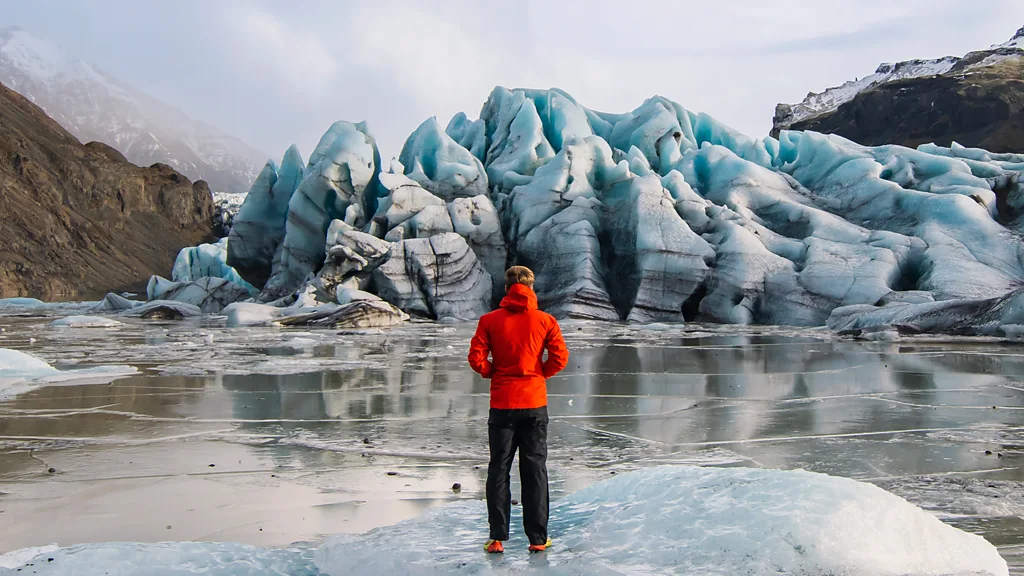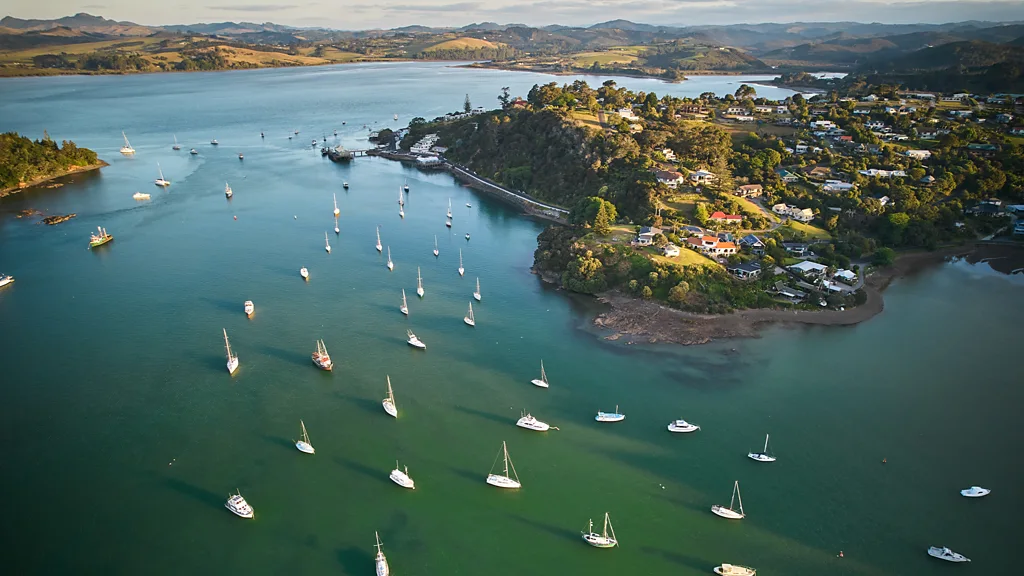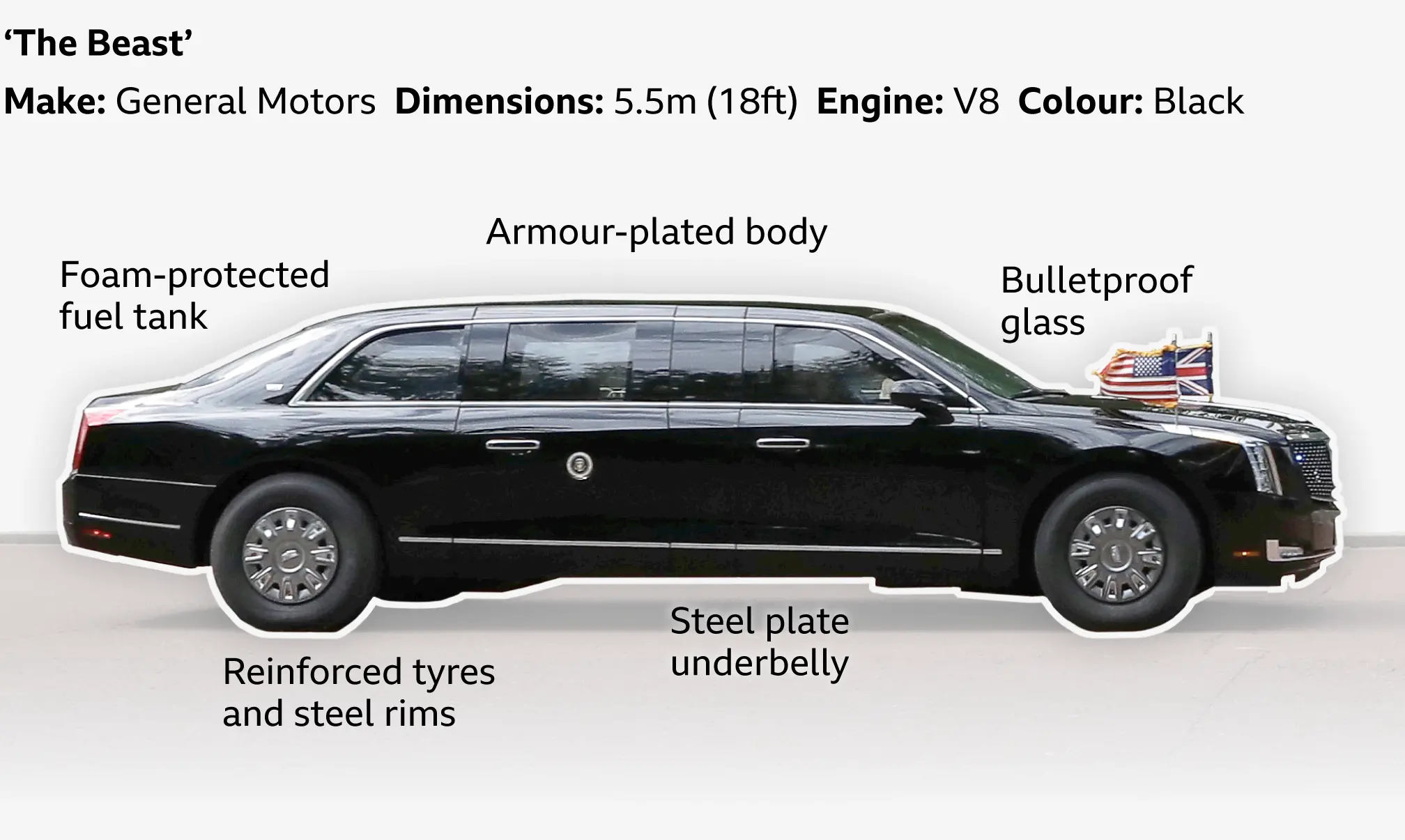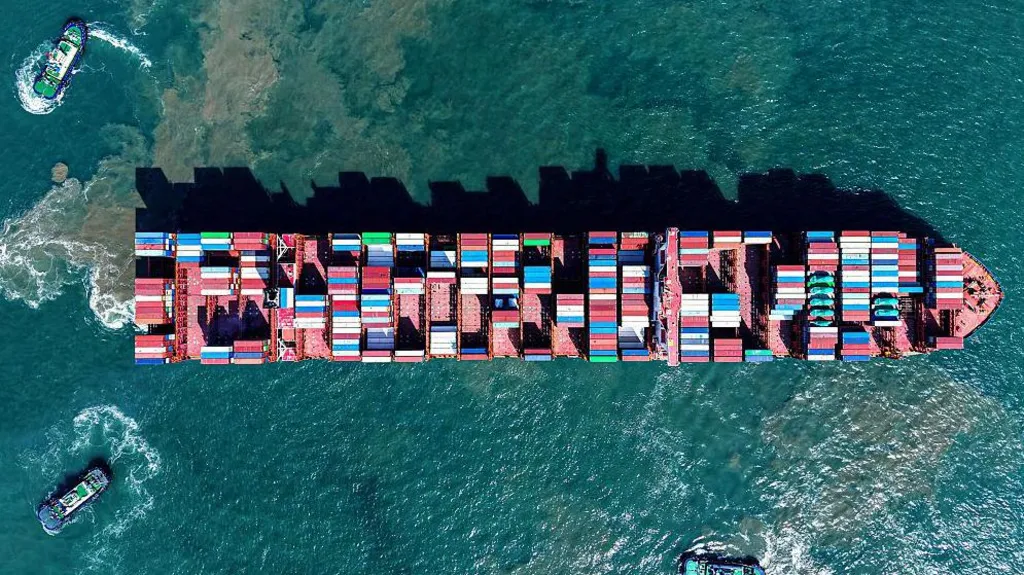
Despite rising global conflict, a handful of nations continue to stand out for their stability, safety, and sense of calm.
In a world grappling with growing wars, strained borders, and deepening trade tensions, peace has become increasingly rare. According to the 2025 Global Peace Index (GPI), state-based conflicts are now at their highest levels since the Second World War, with three new wars breaking out this year alone. Many nations have responded by expanding their militaries. minotaur fight store | minotaurfightstore
Yet amid the turmoil, some countries remain firmly committed to peace. Compiled by the Institute for Economics & Peace, the GPI measures 23 indicators ranging from armed conflicts and defense spending to terrorism and homicide rates. Remarkably, the nations consistently ranked at the top of the index have held their positions for nearly two decades—proof that stability is no accident, but the result of deliberate policies and cultural values.
Here are five of the world’s safest countries in 2025, and how their residents experience peace in everyday life.

Iceland – A Culture of Trust and Equality
For the 17th year in a row, Iceland holds the title of the world’s most peaceful nation, topping all three categories measured by the index: security, ongoing conflict, and militarisation. This year, Iceland even improved its score by 2%, further widening its lead.
Life in Iceland reflects that safety. Police do not carry firearms, children nap outside cafes in prams while parents dine, and walking alone at night is rarely cause for concern. For many, gender equality is also a cornerstone of the country’s calm environment. Equal opportunities and robust social programs foster a society where women and men alike feel safe.
Locals suggest that visitors embrace Iceland’s sense of community through simple traditions: chatting in a geothermal pool, hiking Mount Esja near Reykjavik, or enjoying live music in the capital. For Icelanders, peace is not just a statistic—it’s a way of life.
Ireland – Neutral, Welcoming, and Community-Oriented
Once marked by decades of political strife, Ireland now ranks among the world’s most peaceful countries. Its low level of militarisation and minimal involvement in global conflicts contribute heavily to its standing.
Residents say Ireland’s greatest strength lies in its people. A culture of hospitality and strong community spirit ensures visitors feel at home, whether in bustling Dublin or a small village. “People look out for each other here,” said one resident. “You can ask a stranger for help, and they’ll go out of their way.”
Ireland’s military neutrality—remaining outside NATO—further underscores its commitment to diplomacy over confrontation. At the same time, the nation places strong emphasis on preserving its landscapes, culture, and historic sites, adding another layer to its calm and welcoming reputation.
New Zealand – Safe, Natural, and Family-Friendly
Jumping two spots to number three, New Zealand has seen significant improvements in both security and social stability. With strict gun laws, a low crime rate, and high levels of community trust, residents enjoy a daily life where safety is almost taken for granted.
Children often walk to school unaccompanied, homes are left unlocked, and motorists stop to help strangers on the roadside. A deep connection to nature further reinforces this sense of peace, with locals often seeking calm in the country’s vast beaches, mountains, and forests.
Visitors frequently describe New Zealand as more than just a postcard landscape. Its Māori traditions, emphasis on family-friendly events, and slower rhythm of life make it one of the most reassuring places to live and travel in 2025.
Austria – Neutrality and Stability in the Heart of Europe
Ranked fourth this year, Austria continues to embody safety through its policy of neutrality. Like Ireland, Austria is not part of NATO, choosing instead to focus inward by strengthening healthcare, education, and social systems.
In many Austrian communities, trust is tangible: homes are left unlocked, bicycles rest unchained, and late-night walks are common. Locals say the peace is not just reflected in statistics but felt in daily life—whether strolling along the Ruetz River in Tyrol or enjoying the calm of alpine valleys.
For many visitors, Austria’s blend of social stability, natural beauty, and cultural depth creates a rare kind of safety: one rooted in both policy and lived experience.
Singapore – Order, Safety, and Nighttime Freedom
At number six globally and the only Asian nation in the top 10, Singapore stands out for its exceptional levels of public safety. Despite maintaining one of the world’s highest military expenditures per capita, its lack of internal conflict makes it one of the most secure urban environments on earth.
For residents, this translates into daily freedom. It is common to walk home late at night without fear, enjoy street food stalls well past midnight, or relax in city parks after dark. Trust in the legal system and efficiency of governance underpin this sense of calm.
While Singapore faces ongoing debates about social freedoms, particularly regarding LGBT+ rights, the city-state continues to evolve, with events like the Pink Dot pride rally growing in size and visibility. For both residents and visitors, Singapore offers a rare experience: the ability to live and travel without fear in one of the busiest cities in the world.
A Rare Commodity in 2025
From Iceland’s geothermal pools to Singapore’s neon-lit river walks, the world’s safest countries share a common thread: strong institutions, social trust, and a culture that values community. In an era when conflict dominates global headlines, these nations demonstrate that peace—when nurtured carefully—remains possible.






